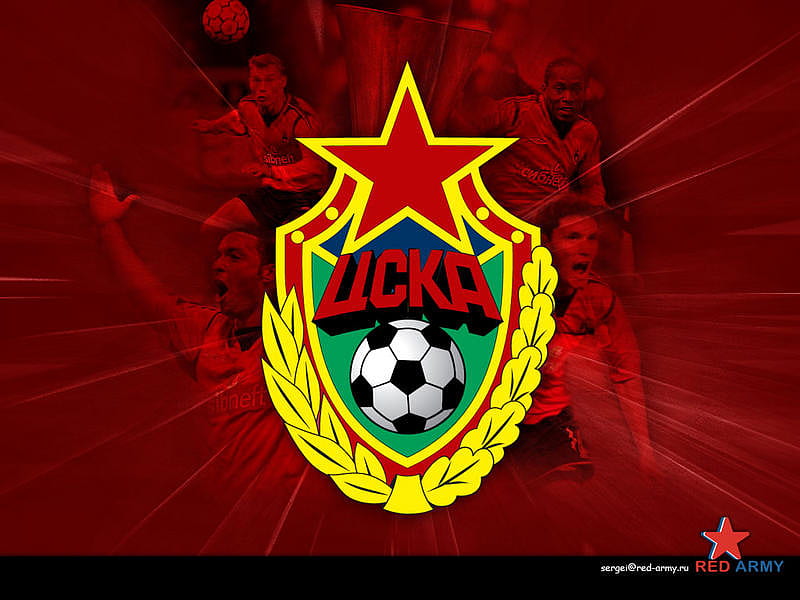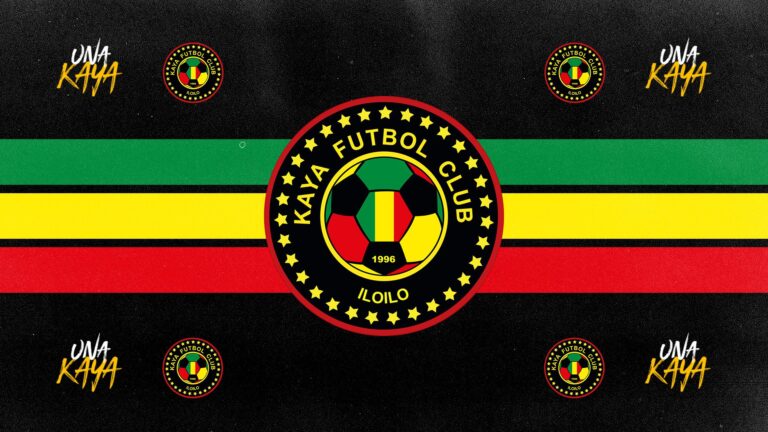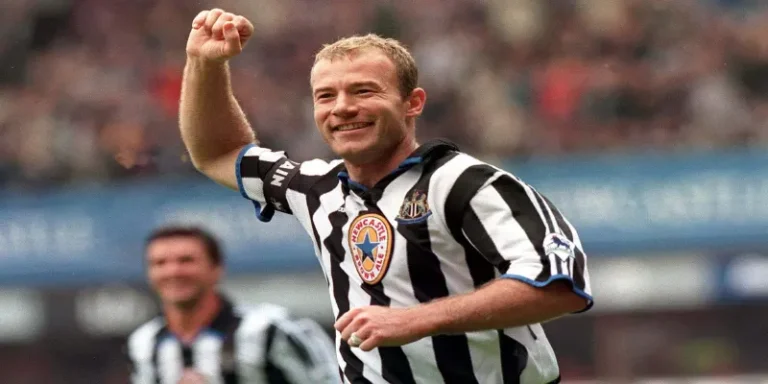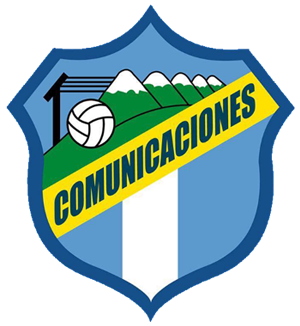
CSKA Moscow stands as one of the most prestigious football clubs in Russia and Eastern Europe. With a deep-rooted history, a strong military identity, and decades of consistent success, CSKA has become a symbol of power and pride in Russian football. From dominating the Soviet Top League to lifting European silverware, the club’s journey is defined by resilience, elite talent, and a winning mentality.
Origins and Rise to Prominence
Founded in 1911, CSKA Moscow began as a sports society tied to the Russian army, earning the nickname “The Army Men.” Over time, CSKA evolved into a powerhouse during the Soviet era, becoming one of the top football institutions in the USSR. The club’s military background instilled a culture of discipline and ambition that translated into relentless performance on the pitch.
By the mid-20th century, CSKA had become a serious contender, competing against giants like Dynamo Kyiv, Spartak Moscow, and Dynamo Moscow. Their rise was swift and forceful, as they captured major titles at home and made their mark in international football.
Domestic Dominance
CSKA Moscow’s trophy cabinet is packed with major Russian and Soviet silverware. The club has consistently competed at the top level and boasts a record that few in the country can match. As of 2025, CSKA has won:
Soviet Top League Titles (7):
- 1946, 1947, 1948, 1950, 1951, 1970, 1991
Russian Premier League Titles (6):
- 2003, 2005, 2006, 2012–13, 2013–14, 2015–16
Russian Cup Titles (7):
- 2001–02, 2004–05, 2005–06, 2007–08, 2008–09, 2010–11, 2022–23
Russian Super Cup Titles (7):
- 2004, 2006, 2007, 2009, 2013, 2014, 2018
CSKA’s dominance in the early 2000s marked a golden era for the club. Led by iconic coach Valery Gazzaev, and with stars like Igor Akinfeev, Vágner Love, and Yuri Zhirkov, they created a dynasty that controlled Russian football for nearly a decade.
European Breakthrough
CSKA Moscow’s proudest international achievement came in 2005, when they won the UEFA Cup — now the Europa League. In a historic final against Sporting Lisbon in Portugal, CSKA came from behind to win 3–1, becoming the first Russian club to win a major European competition.
Goals from Aleksei Berezutski, Yuri Zhirkov, and Vágner Love sealed a legendary night, establishing CSKA’s presence on the European stage and bringing immense pride to Russian football.
The club has also reached the UEFA Champions League knockout stages multiple times and regularly competes in European tournaments, often outperforming expectations against stronger financial sides from Western Europe.
Total Goals and Legendary Players
Across all official competitions, CSKA Moscow has scored over 9,000 goals in its history, a testament to their long-standing attacking presence.
Some of the most influential goal scorers and stars include:
- Vágner Love – One of the club’s all-time top scorers, known for his flair and clinical finishing.
- Sergei Ignashevich – A defensive stalwart who contributed key goals in big moments.
- Igor Akinfeev – The legendary goalkeeper and club captain, representing CSKA in more than 700 matches, a rare feat in world football.
- Alan Dzagoev – A creative midfielder who was central to the club’s success throughout the 2010s.
These players, among others, have etched their names into CSKA’s history with both goals and leadership.
Present and Future
Today, CSKA Moscow continues to be a top contender in the Russian Premier League, with consistent performances and a focus on developing young talent. The club’s academy is one of the most productive in Russia, supplying both the first team and the national squad with top players.
Backed by passionate supporters and a storied identity, CSKA remains committed to challenging for domestic titles and regaining its place among Europe’s elite.
Final Thoughts
With 13 league titles, 7 national cups, a historic UEFA Cup victory, and over 9,000 goals, CSKA Moscow’s legacy is undeniable. It’s a club built on discipline, excellence, and ambition — one that continues to shape Russian football and inspire future generations.
CSKA Moscow isn’t just a football team — it’s a symbol of strength, tradition, and unstoppable ambition.



